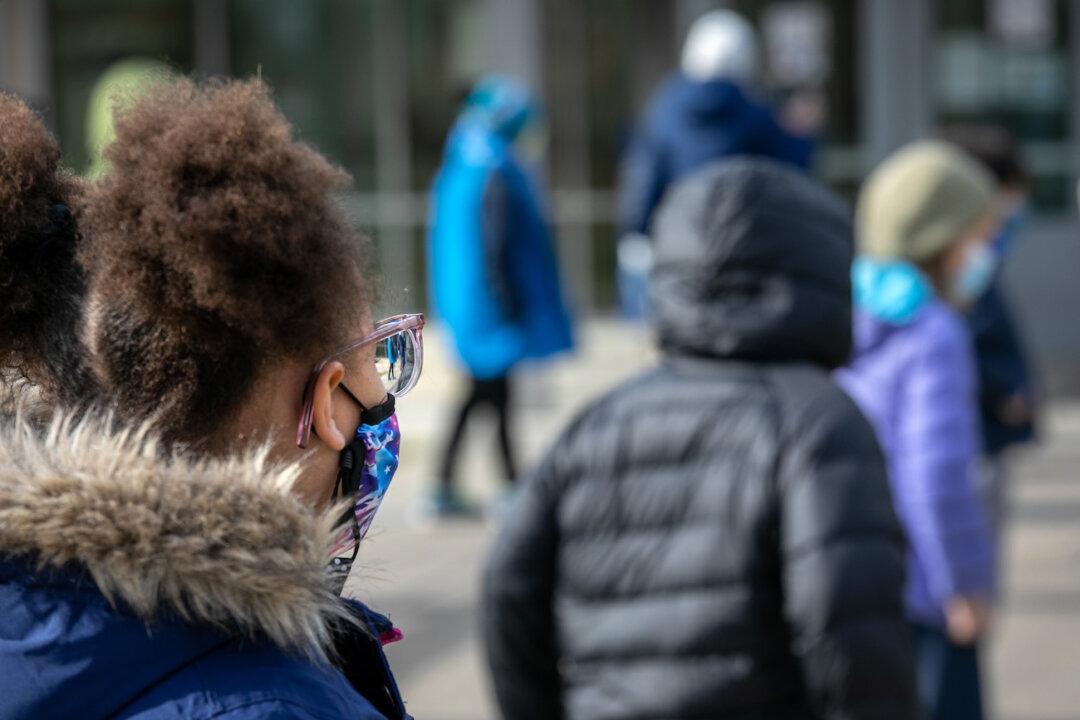Children have difficulty recognizing people who are wearing masks, according to a new study.
Researchers had children complete a face memory test for kids called the CFMT-K and found that there was a significant difference between children studying unmasked faces and masked faces.






